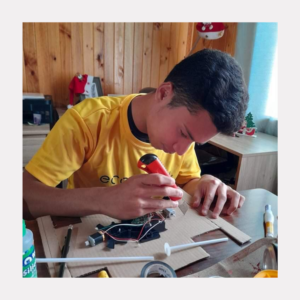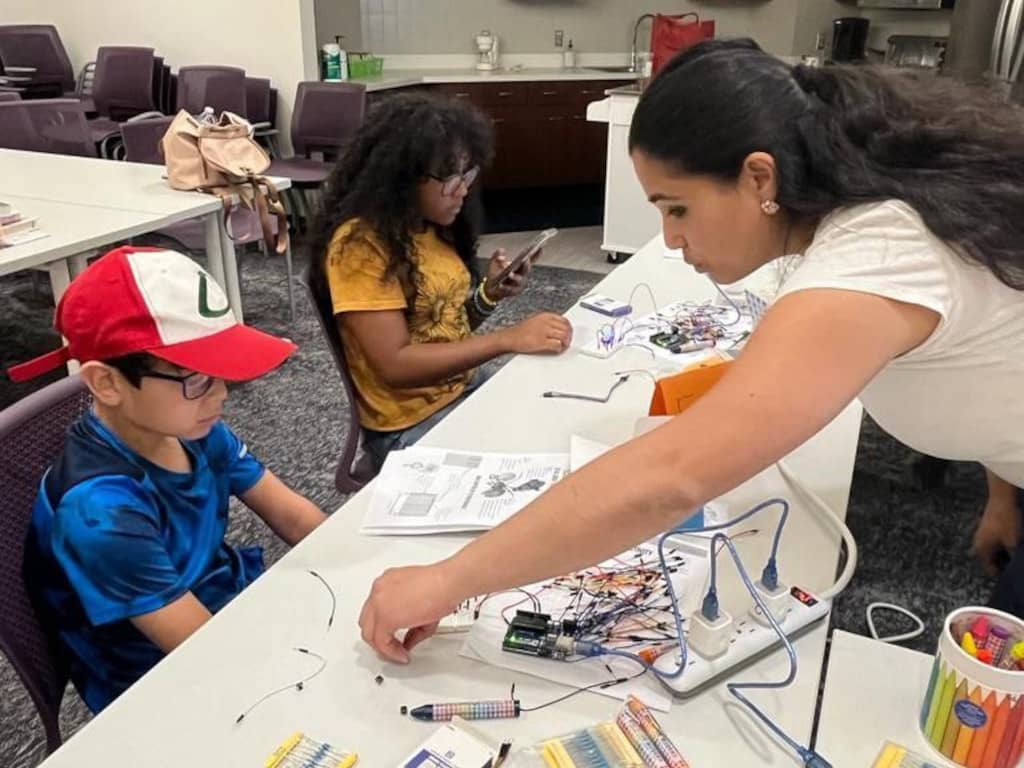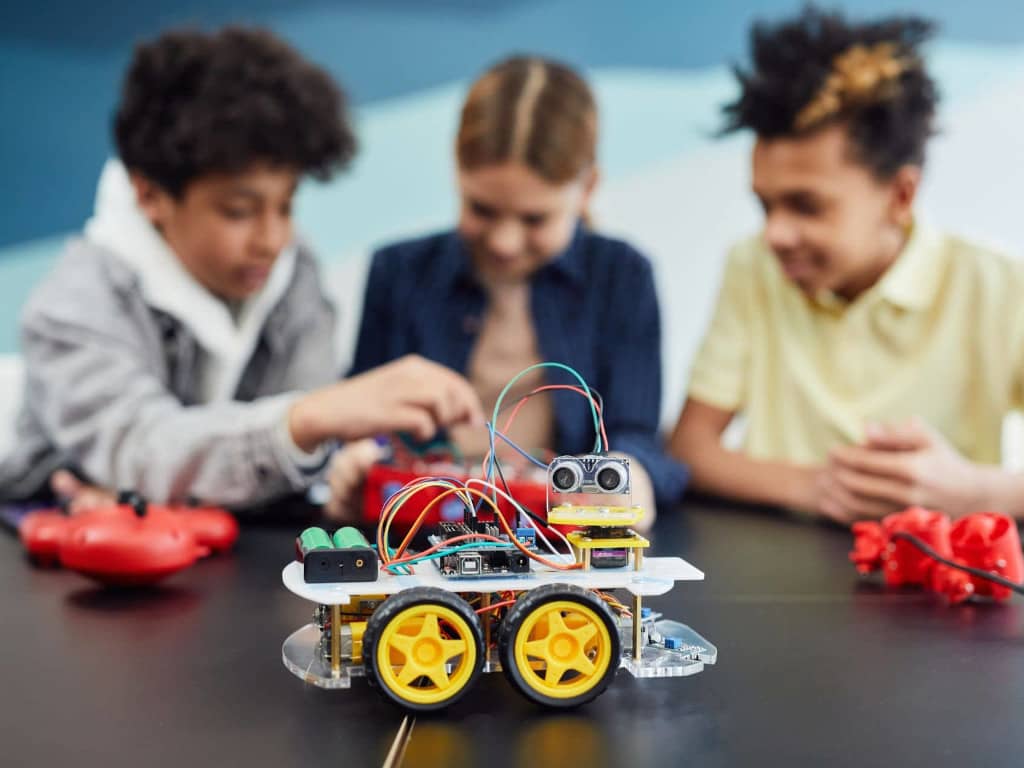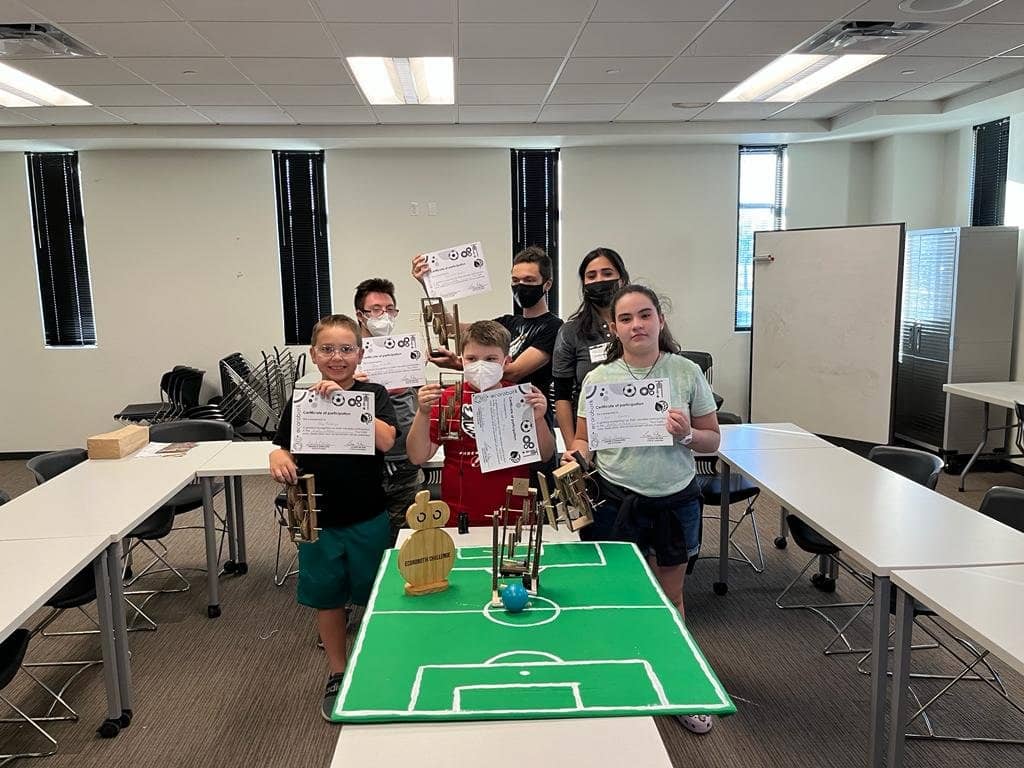Is current education at the service of sustainability?
Nowadays, we are more aware of the role of education as the main axis of social development. However, it should be pointed out that education goes beyond the mere transmission of knowledge; education requires training competent people capable of adapting to the current society’s needs.
Therefore, one of the social requirements is to learn to use the limited resources available in a sustainable way, to learn to live and coexist harmoniously with our environment; thus avoiding in the near future shortages of resources that are mostly non-renewable and indispensable for our existence. The above allows us to question ourselves, how to educate towards sustainable development?
Beforehand, it is necessary to know and understand the concept of sustainability. This term appeared for the first time in the United Nations Brundtland Report in 1987 and refers to the ability that humanity has to make “development sustainable to ensure that it meets the needs of the present without compromising the ability of future generations to meet their own needs”[1]. To this end, it establishes three essential pillars: environmental protection, social development and economic growth; where it is assumed that sustainability considers that nature and the environment are not an inexhaustible source of resources, so their protection must be promoted through cohesion between communities, while improving the quality of life of individuals in that community and thus promoting economic growth without damaging the environment.
In short, to be sustainable is to coexist with the environment and nature while strengthening communities and obtaining social, cultural and economical growth.
For this reason, we affirm that one of the challenges facing today’s society is the promotion of sustainable development; and in order to contribute to it, the United Nations approved the 2030 agenda containing the objectives of sustainable development, which are a series of goals that seek to protect the planet, ensuring the welfare of the population.
It should be noted that if we want these goals to transcend and not remain just another proposal, we need the full support and commitment of everyone; as individuals who are part of the social fabric, as well as the support of companies and the government of all countries in the world.
On the other hand, we must not forget that education is an essential tool to achieve sustainability because through it people are empowered to change their way of thinking and to work towards a sustainable future.
For this reason, it is necessary to include in the curricula, as part of the citizenship competencies, activities that reinforce or are focused on sustainable development. The classroom is an appropriate place to introduce small actions favoring sustainability for the students because they will introduce them as habits into their lives; thus, guaranteeing the formation of people more aware and capable of protecting the planet. At the same time, the implementation of relevant and culturally appropriate programs contribute to an education focused towards sustainable development.
In conclusion, an education focused towards sustainable development means restructuring the education system in order to train competent and sustainably conscious people to work towards the benefit of society, leaving aside individualistic and selfish patterns that only help to further deteriorate the planet and deplete existing resources, while promoting social, cultural and economic inequality. Each of us should be aware that our actions can have positive or negative effects on social welfare, if we act without thinking and without measuring the consequences; on the contrary, we should all try to be part of the solution and not the problem. Finally, reflect on how your own actions can contribute to sustainability and start applying each of these new ideas little by little into your life. Play your part on building a better planet.
[1] https://www.sostenibilidad.com/desarrollo-sostenible/que-es-la-sostenibilidad/











hiI like your writing so much share we be in contact more approximately your article on AOL I need a specialist in this area to resolve my problem Maybe that is you Looking ahead to see you